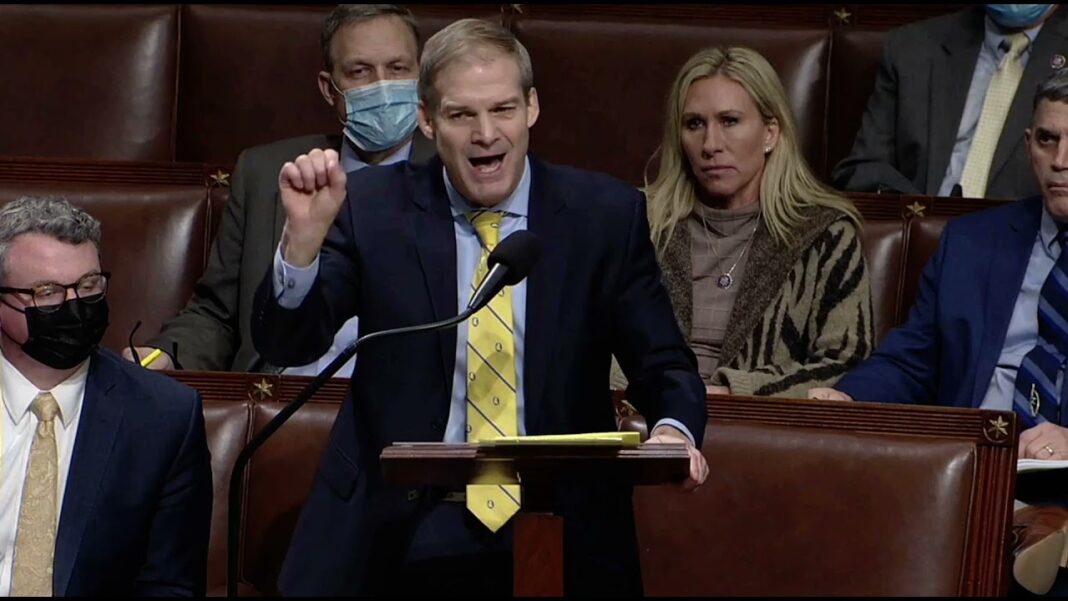As the world comes out of two years of pandemic lockdowns and restrictions, inflation continues to rise and affect U.S. energy and food prices. Family farms that make up the majority of U.S. food suppliers are having difficulty meeting their operating costs, with prices of seeds, fertilizer, and gas doubling and tripling.
The president of the National Black Farmers Association, John Boyd Jr., is urging the Biden administration to put an emergency loan fund in place to help family farmers with operating costs. Otherwise, he warns that in addition to high costs of food, there will be food shortages.
“America, get ready for the high cost of food and hunker down,” Boyd told EpochTV’s “Facts Matter” program in a recent interview.
“[Family farmers are] still the number one producer for corn, wheat, and soybeans. And we have to do all we can to make sure that farmers get those crops in the ground and have the resources readily available at the time of planting and harvest,” said Boyd.
According to the U.S. Department of Agriculture (USDA), small and midsize family farms account for 88 percent of U.S. food production.
Boyd said the cost of operating his farm has doubled, and in some cases tripled, with fertilizer now costing $1,050, up from $400 in 2021. And the costs of running the farm have to be paid upfront, Boyd said.
“When that diesel truck rolls up to my farm, I have to be able to write a check for the diesel fuel, I have to be able to pay for the fertilizer, I have to be able to pay for the seed,” he said.
According to USDA estimates from 2021, fertilizer is a key element in the production of wheat, soy, and corn. It amounts to an average of 36 percent of a farmer’s operating costs for corn and 35 percent for wheat.
By Masooma Haq and Roman Balmakov






